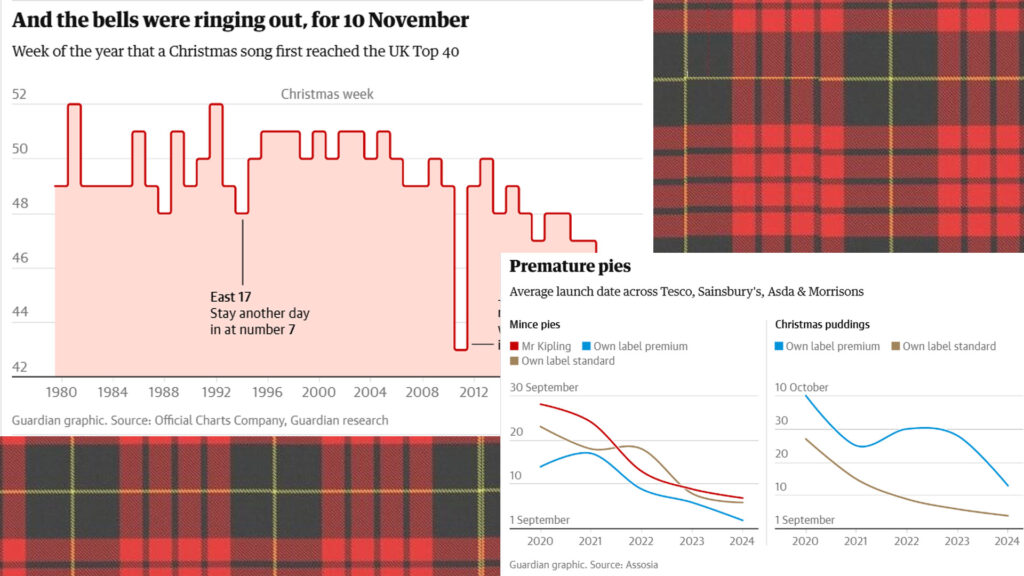News
The Reality of Christmas Creep: An Analysis of Earlier Festivities Each Year

The Reality of Christmas Creep: An Analysis of Earlier Festivities Each Year
Every year, it seems that the holiday season arrives earlier than the last. This phenomenon, often referred to as “Christmas creep,” has become a topic of conversation among consumers and retailers alike. The term describes the trend of holiday marketing and festivities starting earlier in the year, often creeping into the months of September and October. In this article, we explore the reasons behind this trend, its impact on consumers, and how businesses are responding to the growing demand for earlier holiday celebrations.
Understanding Christmas Creep
Christmas creep is characterized by the early arrival of holiday decorations, advertisements, and sales. Retailers increasingly push Christmas merchandise well before Thanksgiving, aiming to capture the attention of consumers during the lucrative holiday shopping season. According to a recent analysis, this shift can be attributed to several factors:
- Consumer Behavior: Studies show that many consumers now embrace the holiday spirit earlier than in previous generations. A survey by the National Retail Federation (NRF) indicated that nearly 40% of shoppers start their holiday shopping before Halloween.
- Retail Strategies: Retailers have recognized that an early start to the holiday season can drive sales. By introducing Christmas products sooner, they capitalize on the increased consumer interest and extend the shopping window, ultimately boosting their bottom line.
- Social Media Influence: Platforms like Instagram and Pinterest promote early holiday content, encouraging users to share their festive ideas and decorations. This social sharing can influence others to begin their holiday preparations earlier.
The Impact on Consumers
While some consumers appreciate the extended holiday season, others feel overwhelmed by the pressure to celebrate early. The commercialization of Christmas has led to mixed feelings:
- Emotional Fatigue: For many, the prolonged holiday season can lead to emotional fatigue, where the excitement of the festivities is diluted by their early arrival.
- Financial Strain: Early shopping can place a financial burden on families, as they may feel compelled to start spending before they are financially prepared.
- Loss of Tradition: Some people argue that the early celebration undermines the traditional timeline of holiday festivities, diminishing the significance of each event.
Business Adaptations
In response to the changing landscape of holiday celebrations, businesses have had to adapt their strategies:
- Marketing Campaigns: Many retailers are launching holiday marketing campaigns earlier, promoting exclusive deals and festive products to entice consumers.
- Holiday Events: Companies are organizing holiday-themed events earlier in the season, such as tree lighting ceremonies and Christmas markets, to attract foot traffic and enhance customer engagement.
- Focus on Sustainability: Some retailers are addressing concerns about consumer fatigue and environmental impact by promoting sustainable holiday practices, encouraging customers to buy fewer but more meaningful gifts.
Conclusion
The reality of Christmas creep highlights the evolving nature of holiday celebrations in our society. As retailers continue to push the boundaries of when festivities begin, consumers must navigate the emotional and financial implications of this trend. Understanding the motivations behind Christmas creep can help individuals make more informed decisions about how and when they choose to celebrate the holiday season.


